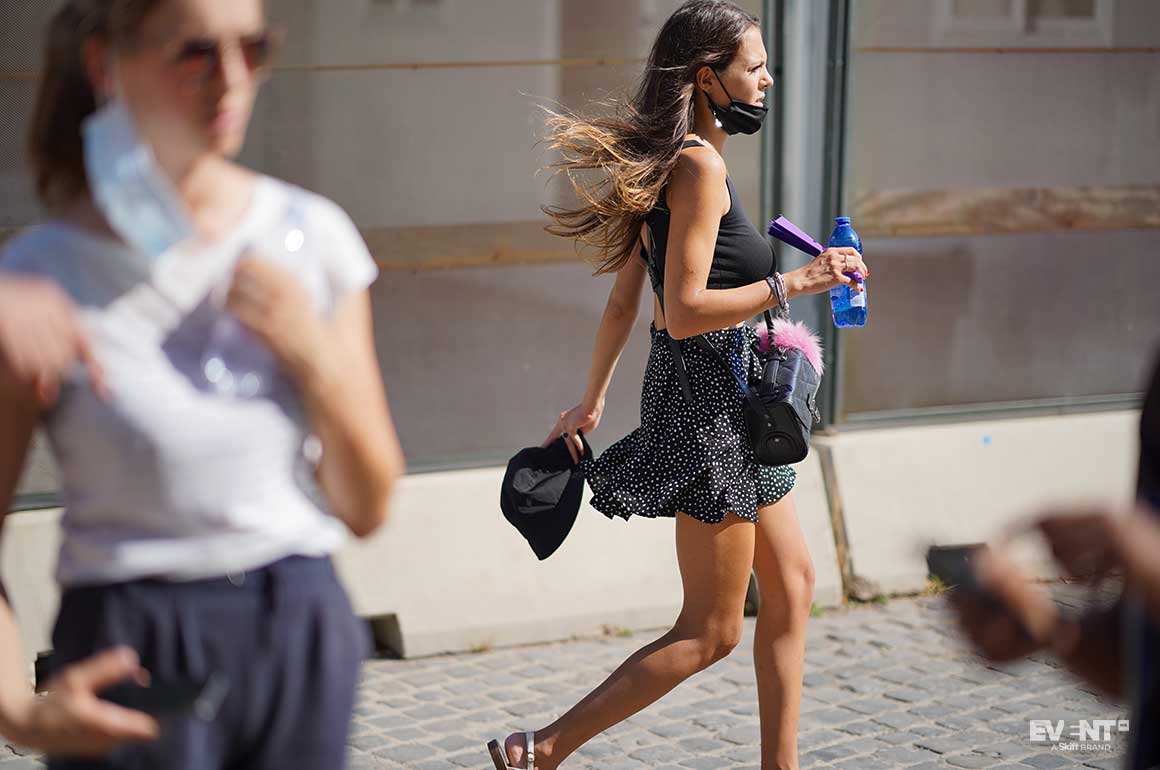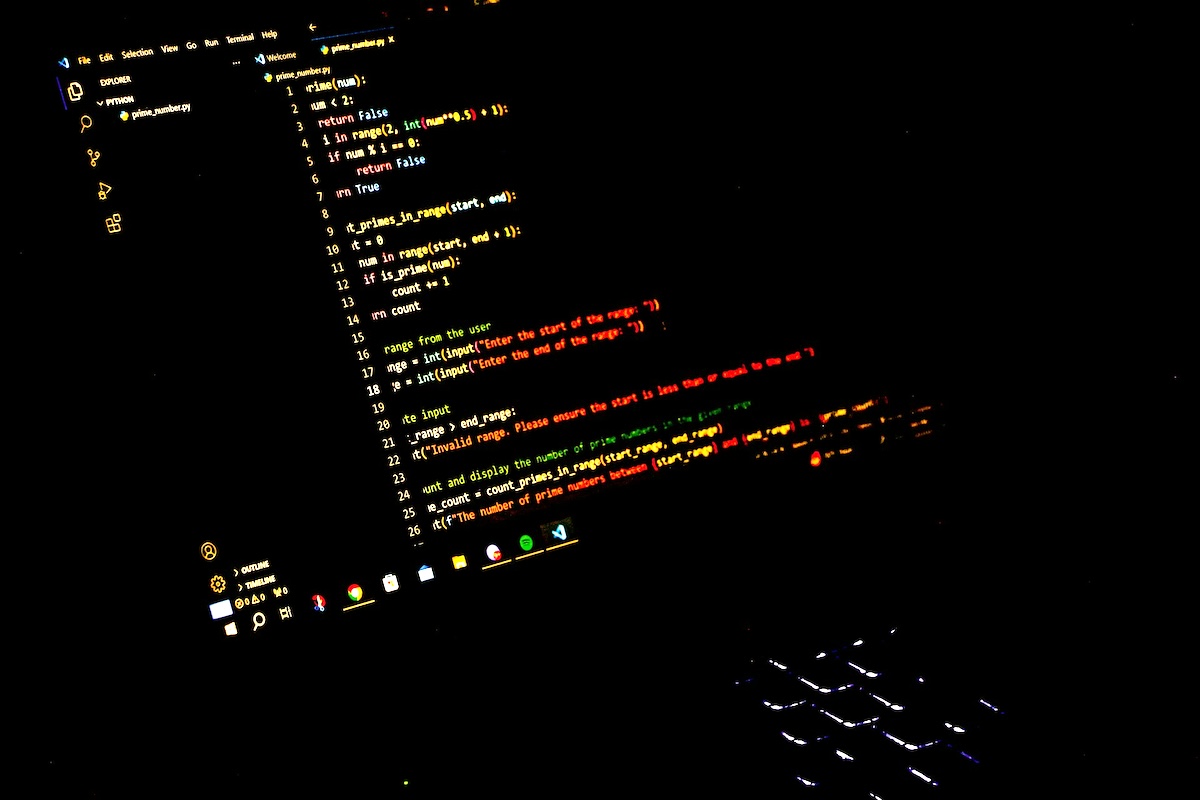Skift Take
Texas made headlines last month when it lifted all restrictions including its state-wide mask mandate, but industry sources say most businesses are still upholding safety rules that go beyond government requirements — and so far, consumer demand seems to be onside.
As of March 10, Texas no longer requires its residents to wear masks in public places, and businesses are now allowed to operate at full capacity. When Governor Greg Abbott announced these policy changes, he argued that the move was necessary to save local businesses. But is the move really a boon to business?
At least when it comes to corporate and association events, the answer would appear to be a resounding no. Austin Convention Enterprises reported that the recent policy changes prompted the cancellation of at least four major events in the city. And even though the projected surge in cases has not yet happened, some health experts have attributed these relatively low case numbers to the fact that many continue to wear masks — either voluntarily or in compliance with the rules of private businesses, which have the right to set their own guidelines.
Health advisors have also warned that even though a plateau in cases may seem encouraging, it is worrisome that they are no longer declining. In fact, the Texas Department of State Health Services recently announced that hospitalizations and cases are slowly rising in some regions.
What does all of this mean for B2B events in the state? Our sources suggest that consumer demand leans toward maintaining masking and social distancing policies — or alternatively, avoiding public gatherings altogether.
Small Safety-Conscious Events vs. Cancelled Conferences
By lifting mask-wearing mandates and removing occupancy restrictions, Governor Abbott may have done more to deter potential events than to fuel a resurgence of large-scale gatherings.
For event organizers like the The Association for Professionals in Infection Control and Epidemiology (APIC), the easing of restrictions created another level of uncertainty that amounted to an unacceptable risk.
Devin Jopp, CEO of APIC, explained his organization’s dilemma: “There were a lot of unknowns and questions about who was going to be able to uphold a mask mandate and who wasn’t. Would the convention center have one but the hotels wouldn’t?”
Austin, the destination initially slated to host APIC’s 2021 annual conference, has since implemented its own city-wide mask mandate. But the city did not come by this policy easily. The state’s Attorney General, Ken Paxton, challenged the city’s mask mandate in court. And even though the judge decided in Austin’s favor, Paxton can still appeal. This is not the kind of reassurance that corporate and association event planners need. Jopp added, “I certainly empathize with Austin and the steps that they took after we had already made our decision.”
As the CEO and President of the Remington Hotels group in Austin, Houston, and Dallas, Sloan F Dean III was also able to provide an insider’s perspective on these issues. He explained that most of his hotels are part of either the Marriott or the Hilton hotel chains, and are therefore subject to company-wide rules about mask wearing and social distancing. And far from deterring potential clients, these policies have reassured them:
“Our requirement to continue wearing masks, above and beyond what the state mandates, has made people feel more comfortable to book. Corporate clients don’t want to risk sending staff into situations where they could contract Covid, and then potentially sue for employment liability.”
Sloan F Dean III, CEO and President, Remington Hotels
Dean also noted that most corporate event organizers are currently sticking to small-scale hybrid events. While he hasn’t noticed a significant number of cancellations following Abbott’s announcement, he also hasn’t seen a rush of event organizers jump at the opportunity to max out on venue capacity. The first high-occupancy business meetings that he has on his books are scheduled for August.
In terms of occupancy rates, Remington Hotels now faces no restrictions at its restaurant locations. But tellingly, consumer behavior is enough to keep crowd densities low. “At many of our urban restaurants,” he said, “we’re running at 40 or 50 percent capacity just because there is not as much demand.”
What Is the Outlook for Events in Texas?
Since most large-scale events seem to be booked for Q3 and Q4, even a surge in new cases may not have a significant impact on the B2B event sector. Nevertheless, a third wave could mean that some hybrid events may have to go fully digital. But how likely is that scenario with the state’s vaccine campaign making greater and greater headway by the day?
While Governor Abbott has claimed that Texas is close to herd immunity, most public health experts strongly disagree. As of the writing of this article, 22 percent of Texans had received both doses of the vaccine, and over a third had received at least one dose. Additionally, roughly 10 percent of Texans have tested positive for the virus, presumably giving them some degree of immunity. While the actual infection rates are likely higher than this official number, it’s also important to note that there is probably overlap between those who have been vaccinated and those who have been infected, so simply adding the rate of vaccination to the rate of past infections may not provide an accurate idea of immunity levels within the community. In any case, it’s clear that Texas is far from the 70 percent figure that is typically cited as the benchmark for herd immunity.
With that said, the current numbers seem to support Abbott’s argument — at least on face value. If Texas hasn’t reached herd immunity, why hasn’t the removal of mask requirements and occupancy restrictions caused a surge in cases?
There are multiple factors that could be helping to keep the transmission rates under control. Most notably, as Dean confirmed, many businesses are enforcing their own rules around mask wearing and crowd density levels. And while the Texas Rangers made headlines for hosting the first full-capacity sporting event in North America since the pandemic began, the franchise required fans to wear masks in the stands.
Arguably, the relatively mild temperatures that Texas enjoys during the spring season may also be helping to keep transmission rates low as people are more able to gather outdoors — a buffer that would dissolve as the season grows hotter and people are driven back into indoor, air-conditioned environments.
Finally — and perhaps most crucially — it may be too early to attribute this apparent success to anything more than sheer luck. And luck tends to run out eventually. As Jopp noted, “We try not to lead off with luck as a public health measure.”
If last year’s Houston Rodeo proves anything, it’s that event organizers cannot rely on luck. The event moved forward despite repeated warnings from public health experts that community transmission was only a matter of time. In the end, the event had to be abruptly shut down less than halfway through, and one of the first confirmed cases of community transmission was tied to a pre-rodeo barbecue attended by 500,000 people.
IN CONCLUSION
Perhaps by late summer, when Texas is more likely to meet the 70 percent benchmark in immunity levels, event organizers can begin to let their guard down. Until then, it is too early to forego mask wearing and social distancing. It is no coincidence that even in Texas, B2B event organizers are not planning for high-density crowds until August. If Texan event market proves anything, it’s that consumer demand will continue to push for safety rules, even when the government doesn’t.





